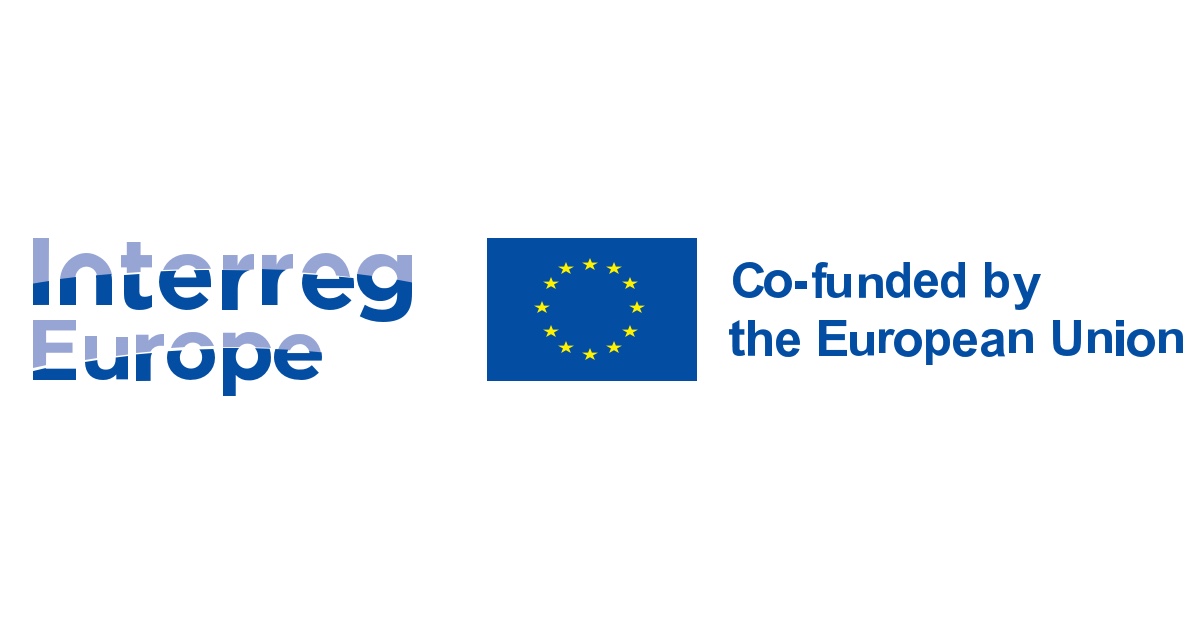
INTERREG EUROPE will fund projects that bring together policy organisations from across Europe. The main goal is that, for four years, the partners learn from each other and work together on a shared policy issue. The lessons they learn will improve regional policies and a more sustainable economic, social and environmental impact on the ground for the people and the places they serve.
Deadline: 7 June 2024
Eligibility
The programme eligible area covers the whole European Union territory with its 27 Member States, including insular and outermost regions. In addition, Albania, Bosnia and Herzegovina, Moldova, Montenegro, North Macedonia, Norway, Serbia, Switzerland and Ukraine are full members of the programme and organisations from these countries are eligible to participate in projects. Partners from other countries can participate at their own costs.
Policy relevance
This is the third call for proposals for interregional cooperation projects. These projects gather policy-relevant organisations from different countries in Europe working together on a common regional development issue. The first three years of the projects (‘core phase’) are dedicated to exchange and transfer of experience among the participating partners in order to improve the policy instruments addressed by the project. In the fourth and last year (‘follow-up phase’), the regions mainly focus on monitoring the results and impact of the cooperation.
The involvement of the policy responsible authority as partner is compulsory for at least 50% of the policy instruments addressed in a project application. For policy instruments where this is not the case (if any), the relevant policy responsible authority is involved as an ‘associated policy authority.
One of the projects’ output must be a policy instrument and, at least one of them must address Investment for jobs and a growth goal programme.
Priorities
The programme is structured around one single cross-cutting priority, the Interreg-specific objective ‘a better cooperation governance’. This means that beneficiaries can cooperate on any topics of shared relevance in line with their regional needs, as long as this falls within the scope of cohesion policy. The programme plans to concentrate the largest share of its budget (80%) on specific objectives of the thematic areas, as follows:
Share of programme budget: 80%
– Smarter Europe
- Research and Innovation capacities, uptake of advanced technologies
- Digitisation for citizens, companies, research organisations and public authorities
- Sustainable growth and competitiveness of SMEs and job creation in SMEs, including by productive investments
- Skills for smart specialisation, industrial transition & entrepreneurship
- Digital connectivity
– Greener Europe
- Energy efficiency and reduction of greenhouse emissions
- Renewable energy
- Smart energy systems, grids and storage
- Climate change adaptation, disaster risk prevention, resilience
- Access to water and sustainable water management
- Circular and resource efficient economy
- Protection and preservation of nature and biodiversity, green infrastructures, pollution reduction
- Sustainable urban mobility for zero carbon economy
– More social Europe
- Effectiveness and inclusiveness of labour market, access to quality employment, social economy
- Equal access to health care, health systems resilience, familybased and community-based care
- Culture and tourism for economic development, social inclusion and social innovation
Share of programme budget: 20%
– More connected Europe
- Climate resilient, intelligent, secure, sustainable and intermodal TEN-T
- Sustainable, climate resilient, intelligent and intermodal national, regional and local mobility
– More social Europe
- Accesses to education, training and lifelong learning, distance and on-line education and training
- Inclusion of marginalised communities, low-income households and disadvantaged groups
- Socio-economic integration of third country nationals, including migrants
– Europe closer to Citizens
- Sustainable integrated territorial development, culture, natural heritage, sustainable tourism and security (urban areas)
- Sustainable integrated territorial development, culture, natural heritage, sustainable tourism and security (other than urban)
Innovation character
Organizations interested in this call are invited to check whether the issue addressed in their project idea is already covered by previously awarded projects. If this is the case, proposals submitted in the this call should demonstrate how they differ from or build on these experiences. Interreg Europe cannot finance the mere continuation of past projects and the participation of organizations not yet involved in the first and second calls is encouraged.
Funding
Up to 40% of the overall Interreg funds budget (approximately EUR 130 million) of the Interreg Europe programme is made available for this call. The final committed budget will depend on the quality of the submitted applications.
For University of Aveiro, the co-financing rate is 80%.
Supporting materials
Interreg is organizing some Question & Answer sessions in which you can Submit your questions on any aspect of Interreg Europe’s call. Following sessions: 26 April, 17 & 31 May.
The 10th edition of Europe, let’s cooperate interregional cooperation forum will take place on 20-21 March 2024 in Belgium. Since the sessions are fully booked, the plenary on 20 March will be stream on line.
Interreg is organizing lead applicant webinars to help the preparation of the project in specific themes including: Building a successful partnership (15 April); Designing a project methodology (16 April); Management, budget and finances (17 April); and Project communication (18 April). The recordings of these events will be available.
Additional information and the links for the supporting events here.
If you would like CESAM’s support in the application process, please send an e-mail to cesam-gesciencia@ua.pt.